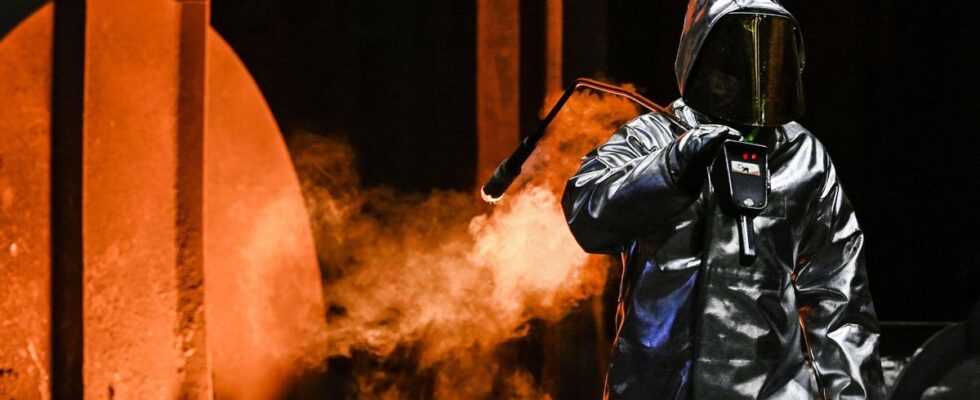1 – A surfacing sea serpent
Invited to the Sciences Po / “South West” meetings in Bordeaux in March 2021, Pascal Canfin had played the oracles about the carbon tax at the borders of Europe. “It had been in the drawers for twenty years, it will be European law in a few months”, had risked the Macronist president of the Environment committee of the Parliament of Strasbourg. If he had sinned by excess of optimism on the deadlines, he was not mistaken on…
1 – A surfacing sea serpent
Invited to the Sciences Po / “South West” meetings in Bordeaux in March 2021, Pascal Canfin had played the oracles about the carbon tax at the borders of Europe. “It had been in the drawers for twenty years, it will be European law in a few months”, had risked the Macronist president of the Environment committee of the Parliament of Strasbourg. If he had sinned by excess of optimism on the deadlines, he was not mistaken on the bottom.
Last July, the European Commission included the creation of a “carbon border adjustment mechanism” (MACF) in the ambitious package of measures it proposed to the 27 member countries. The package is supposed to put the EU on track for a 55% drop in its greenhouse gas emissions (carbon dioxide CO2, methane CH4 etc.) by 2030. And carbon neutrality by 2050, which will consist on this date of not sending more carbon into the atmosphere than the forests, soils and oceans can absorb.
2 – Restore the terms of fair competition
If its application promises some migraines, the mechanism responds to a simple principle. Industrialists who have activities on European soil are obliged to pay for their pollution. They buy quotas which correspond to the number of tonnes of CO2 they generate. The price per tonne of carbon continues to rise, which increases the cost of production for heavy industries, in particular cement, steel and aluminium. The same materials and processed goods that are manufactured outside the European Union and imported into it escape this constraint.
The Commission wants to restore the terms of fair competition. In the future, importers would be required to buy certificates whose prices would be based on those of carbon quotas in Europe. All manufacturers, inside and outside the EU, would thus be on an equal footing. This would dry up “carbon leakage”, the term used to designate relocations to third countries. The MACF would have another virtuous effect. It would allow the EU to gradually put an end to the free quotas that continue to be distributed to European industrialists, a system that looks like a last resort to reduce the risk of these relocations. All CO2 emissions of industrial origin could thus be taxed.
3 – A Franco-German axis to move the file forward
Germany has long been very reluctant. She feared in particular retaliatory measures from the United States and China on her automotive industry. The tide turned in Berlin even before the new coalition came to power. France, which is pushing this dossier, can hope to win membership during the six months of its EU presidency.
Once the idea is accepted, the hardest part will begin. The European Commission is planning a transition phase, from 2023 to 2025. Then an application sector by sector. We are waiting to see how the carbon content of a manufactured good imported into the Union will be calculated. Good luck.
